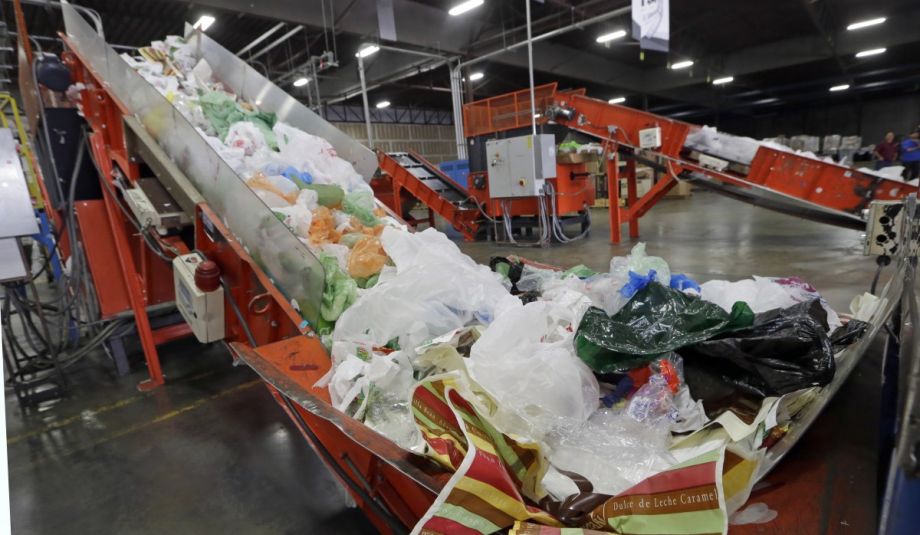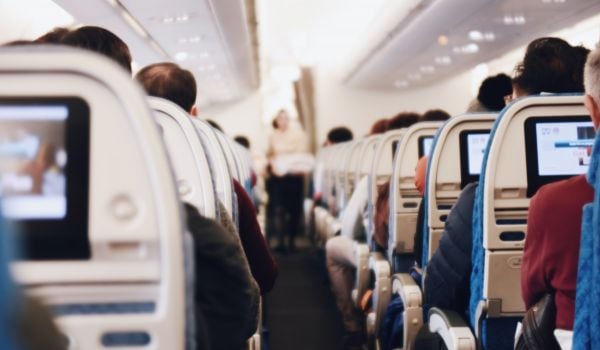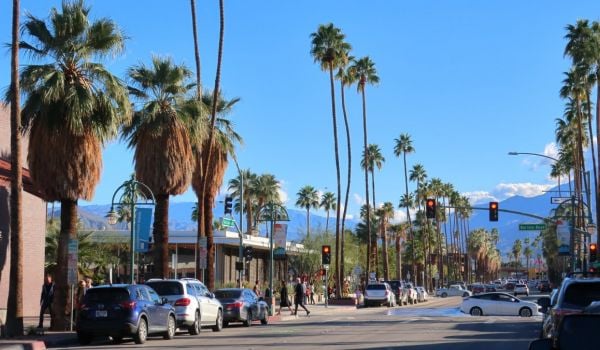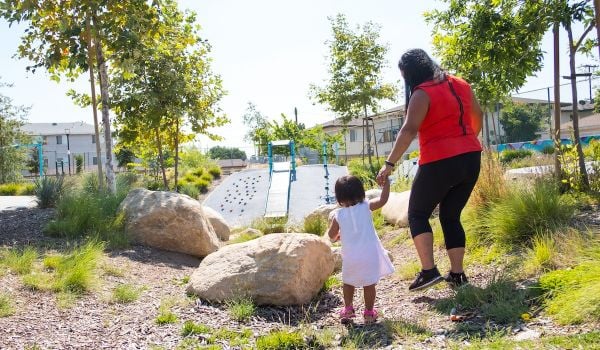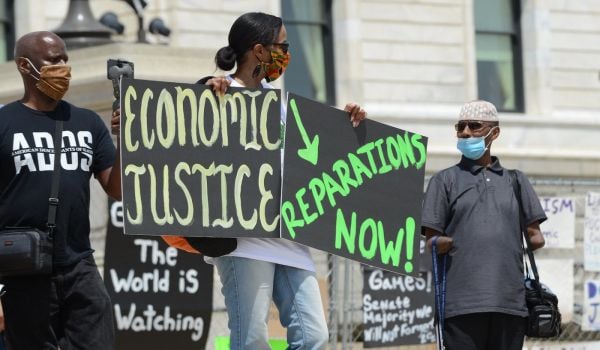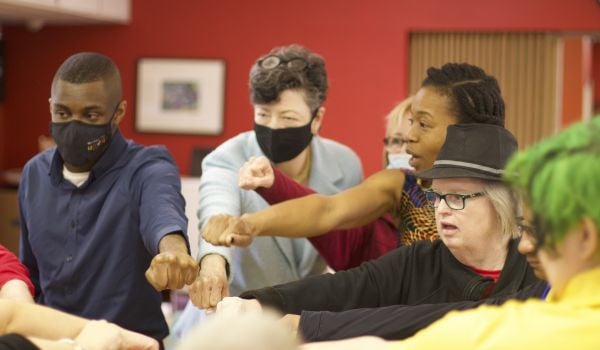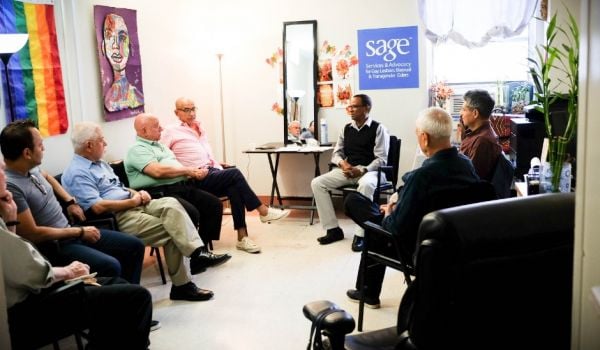In 2014, California Governor Jerry Brown signed into law a statewide environmentally friendly ban on single-use plastic bags in grocery stores, making it the first state in the country to do so. Much like the 150 cities, towns and counties in California that have already banned plastic bags, the statewide law prohibits large grocery stores and pharmacies from giving away single-use plastic bags and requires them to charge 10 cents for every paper bag used.
And yet, two years later, single-use plastic bags are still available around the state. (The Department of Resources says Californians use an estimated 13 billion plastic bags a year.) Last year, plastic bag industry trade group American Progressive Bag Alliance ran a successful signature-gathering campaign to prompt a vote this November that will let residents decide whether or not to uphold the bag ban.
Environmental advocacy group Clean Water Action isn’t sitting around waiting for the results. They’ve been working on a pilot program in the San Francisco Bay Area called ReThink Disposable to eliminate single-use disposable waste from restaurants, businesses, schools and corporate campuses. Since its launch in 2013, the program has worked with 109 food businesses and five corporate or university campuses to reduce 100,000 pounds of waste each year and the use of approximately 10 million disposable packaging items.
“A lot of people have misconceptions that what’s ending up in the ocean is because of trash falling off barges or getting purposely dumped, but research shows that 80 percent of trash is from land-based sources,” says Samantha Sommer, Clean Water Action’s waste prevention program manager.
Clean Water Action partnered with the cities of San Jose, Cupertino, Sunnyvale, San Francisco, Oakland and South San Francisco as well as San Mateo and Alameda counties to identify “trash-impaired” areas. They then approach local food businesses about participating by reducing their use of single-use items such as packaging, plastic utensils, ketchup packets, boxes and bags. If a business signs up, Clean Water Action does an audit of its current practices, provides training in best management practices for reusable service items, and follows up with a year-end audit to measure progress.
They found on average, small businesses eliminated use of 94,000 disposable packaging items, reduced their waste production by 987 pounds, and stopped using 70 percent of the target items identified by ReThink in its first year.
Sommer says the selling point for businesses isn’t necessarily doing the right thing for the environment, but doing the right thing for their bottom line.
“There’s nothing smart business practice-wise about spending thousands of dollars on food service supplies,” Sommer explains. “We’ve found that best management practices can save a small businesses $3,000 to $5,000 in supplies.”
One of the shining examples of the ReThink program is J&J Hawaiian BBQ in Cupertino (about 10 miles west of San Jose). They started using reusable plates, baskets, bowls, forks, knives, spoons, chopsticks and ramekins for dine-in service. In one year they saved $20,516 and eliminated 9,722 pounds of waste.
Of course, for Clean Water Action, the goal is reducing the amount of plastic ending up in the water streams and oceans — a problem that’s growing exponentially.
“There’s more and more data coming from these research missions. Ten years ago they were going out into the ocean and trawling and at first it was 1 in 6 incidences of plankton to plastic. Then it was 1 to 46. Now we’re finding plastics in the ocean is growing 10-fold every 10 years,” says Sommer.
Plastics break down into microparticles, but never fully disappear. The particles soak up other chemicals and toxins such as PCBs, BPA and mercury. The plastic looks like plankton, fish eat it, larger fish eat them, and so on as the impact moves up the food chain.
“Unless we go to the source and generation of these materials and turn off the tap, if you will, it will continue to get out there,” Sommer explains.
In addition to expanding the ReThink Disposable campaign in California, Clean Water Action also received funding to implement the program elsewhere around the country. Sommer says they’re currently considering working with coastal cities in New Jersey, Rhode Island and Florida.

Josh Cohen is Crosscut’s city reporter covering Seattle government, politics and the issues that shape life in the city.
Follow Josh .(JavaScript must be enabled to view this email address)

